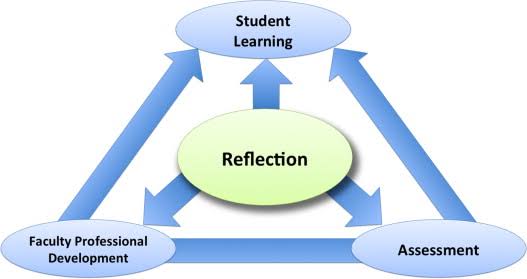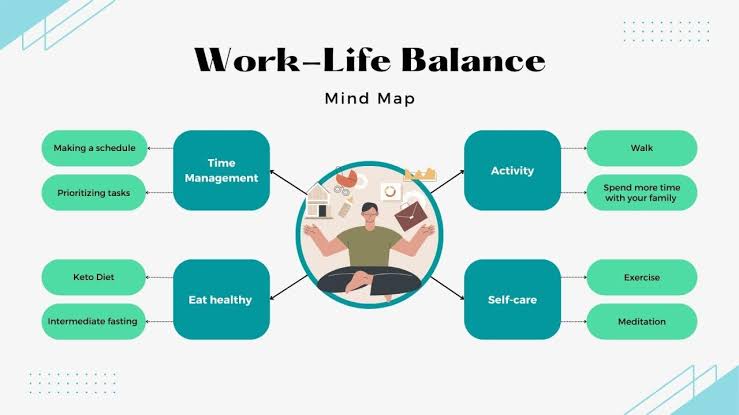Journaling has long been recognized as a powerful tool for self-reflection and mental clarity. As of 2025, more individuals, professionals, and even students are embracing journaling not just as a writing habit but as a mindful practice. It serves as a private space where thoughts, emotions, goals, and challenges can be processed and understood. Unlike public-facing platforms or conversations, journaling offers a deeply personal and honest outlet for internal dialogue.
At its core, journaling is a method of translating internal experiences into written words. This act alone helps individuals make sense of complex feelings, analyze situations from a distance, and uncover patterns in thought or behavior. Whether handwritten or digital, the journal becomes a mirror that reflects the mind’s inner workings.
Enhancing Self-Awareness and Personal Insight
One of the most significant benefits of journaling is the increased self-awareness it fosters. By putting thoughts and feelings into words, individuals can better understand what they’re experiencing and why. Over time, this reflection helps identify emotional triggers, stressors, and even subconscious beliefs that shape behavior.
For example, consistently writing about certain recurring frustrations may reveal unresolved issues or unmet needs. Likewise, moments of joy and gratitude that surface in your journal can guide you toward the aspects of life that truly matter to you. This self-knowledge becomes the foundation for personal growth and decision-making.
Reducing Stress and Improving Mental Health
Numerous psychological studies in recent years have confirmed that journaling can significantly reduce anxiety, depression, and stress. The act of writing creates a psychological release—it allows the brain to slow down and focus on the present moment. When emotions are overwhelming or chaotic, journaling serves as a way to declutter the mind.
Here’s how journaling supports emotional health:
- Emotional ventilation – It offers a safe, judgment-free space to express anger, sadness, fear, or confusion.
- Cognitive processing – Writing helps reframe negative thoughts, transforming rumination into understanding.
- Stress relief – Regular journaling calms the nervous system, especially when paired with deep breathing or mindfulness techniques.
As a form of mental self-care, journaling is accessible, low-cost, and adaptable to anyone’s schedule.
Setting Goals and Tracking Progress
Another powerful function of journaling is goal setting. Writing down your goals—whether personal, academic, or professional—makes them more tangible and increases your commitment to them. More importantly, keeping a written record helps track your progress over time.
When journaling for growth:
- Set specific, measurable goals.
- Reflect on your daily or weekly actions toward those goals.
- Celebrate small wins and learn from setbacks.
- Adjust your strategies based on what’s working or not.
This practice not only boosts motivation but also improves self-discipline and accountability. Over time, it allows you to see how far you’ve come and where you still want to go.
Strengthening Emotional Intelligence
Journaling naturally improves emotional intelligence by helping you understand and articulate your own emotions more effectively. When you get into the habit of exploring how you felt about a certain event—and why—you begin to develop empathy for yourself and others.
This emotional clarity improves:
- Self-awareness – Recognizing your emotional patterns.
- Self-regulation – Learning how to manage emotions rather than be ruled by them.
- Empathy – Reflecting on how others may feel or react to shared experiences.
- Communication – Becoming more thoughtful and measured in your responses.
As a result, journaling can improve interpersonal relationships and help you navigate emotionally charged situations with more confidence and control.
Boosting Creativity and Problem Solving
Journals are also powerful spaces for brainstorming, ideation, and creative flow. Many writers, entrepreneurs, and artists use journaling to explore new ideas without judgment. The blank page invites curiosity and freedom, allowing creative thoughts to evolve naturally.
Even outside of creative fields, journaling can help solve problems by giving you the space to break down a situation, explore possible outcomes, and consider alternative perspectives. When you’re feeling stuck, writing about the problem often reveals a path forward.
Types of Journaling Methods
There’s no one-size-fits-all approach to journaling. The right method depends on your goals and personality. Here are a few popular forms:
- Free writing – Unfiltered, continuous writing to clear the mind.
- Gratitude journaling – Focusing on positive events or people in your life.
- Prompt-based journaling – Using reflective questions to dive deeper.
- Goal tracking – Monitoring habits, progress, and milestones.
- Emotional journaling – Processing thoughts tied to specific emotions or events.
You can combine multiple styles or switch between them depending on your needs at any given time.
Making Journaling a Consistent Habit
To experience the full benefits of journaling, consistency is key. You don’t need to write pages every day—a few sentences, even once or twice a week, can make a difference. The goal isn’t perfection; it’s honest expression.
Tips for building a journaling habit:
- Set aside a specific time (e.g., mornings or before bed).
- Keep your journal visible and accessible.
- Don’t worry about grammar or structure—just write.
- Use journal prompts if you’re unsure where to start.
- Be kind to yourself during the process.
Over time, journaling can become a comforting routine that helps you process life more clearly and intentionally.
Conclusion
Journaling for reflection is a deeply enriching habit that supports mental clarity, emotional strength, and personal growth. It allows you to slow down, connect with your inner self, and move forward with greater insight and purpose.
In today’s fast-paced world, taking even a few quiet moments to write can make a profound difference. Whether you’re managing stress, setting goals, or simply seeking to understand yourself better, journaling offers a private, powerful pathway to deeper reflection and intentional living.



